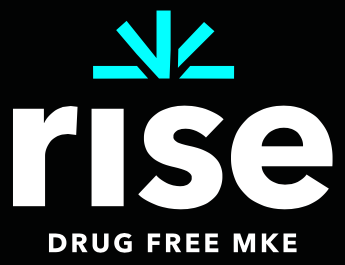
April marks Alcohol Awareness Month—a moment not just for raising alarms, but for raising consciousness. For the Black community, this month invites a deeper reflection on the historical and present-day forces that shape our relationship with alcohol, coping, and healing.
We can’t talk about alcohol use without talking about the weight many of us carry. Weights that are generational, communal trauma, systemic racism, and chronic stress don't just show up in the news—they show up in our homes, bodies, and choices. When the world has taught you to survive rather than thrive, numbing becomes a strategy. And when resources are scarce—mental health support, housing, safe environments, access to culturally relevant care—coping through substances can feel like one of the few options available. But our story is not one of pathology. It's one of resilience.
Healing from Harm
The targeting of Black communities through alcohol advertising, the concentration of liquor stores in our neighborhoods, and the underfunding of prevention and treatment programs are no accidents. These patterns are rooted in policy, power, and profit. Community leaders, peer recovery advocates, faith-based programs, and cultural healers have been reclaiming space—offering support rooted in dignity, understanding, and cultural pride.
Healing doesn't come from shame. It comes from safety, connection, and truth-telling. Conversations about alcohol in our communities must be trauma-informed and centered in love—not fear or rebuke. That means acknowledging the grief and pain many hold, while also celebrating the power we hold to disrupt cycles and build something better.
Love and Liberation
This Alcohol Awareness Month, let’s shift from judgment to curiosity. Ask: What’s behind the behavior? What do our young people need to feel whole? How do we hold space for those struggling without hyper focusing on blame?
Let’s invest in prevention that speaks our language and honors our history. Let’s teach healthy coping, consent, and emotional regulation in our schools. Let’s create spaces where vulnerability is met with care—not critique. Let’s remind each other that we are not alone, and that healing is possible—individually and collectively.
Our legacy is not one of brokenness. It’s one of brilliance, even in the face of harm. Alcohol Awareness Month gives us the chance to recommit to community wellness, emotional liberation, and radical hope.

